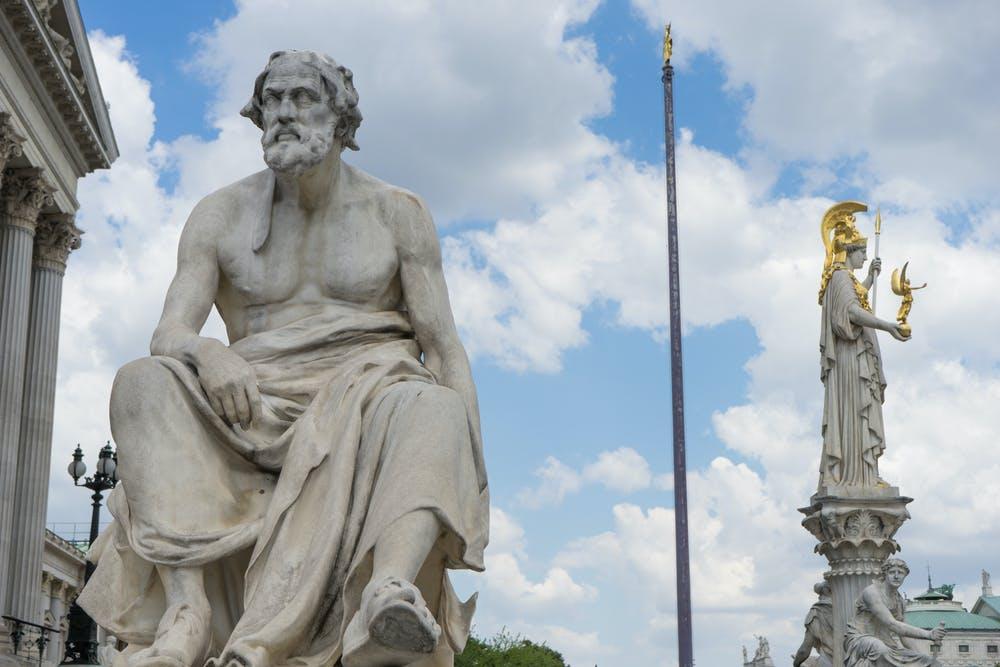Commentary
Thucydides was a Greek historian. He lived and wrote 2,400 years ago. He was both a general and a chronicler of what has come to be called the Peloponnesian War. It began in 431 BC and ended in 404 BC.

Thucydides was a Greek historian. He lived and wrote 2,400 years ago. He was both a general and a chronicler of what has come to be called the Peloponnesian War. It began in 431 BC and ended in 404 BC.